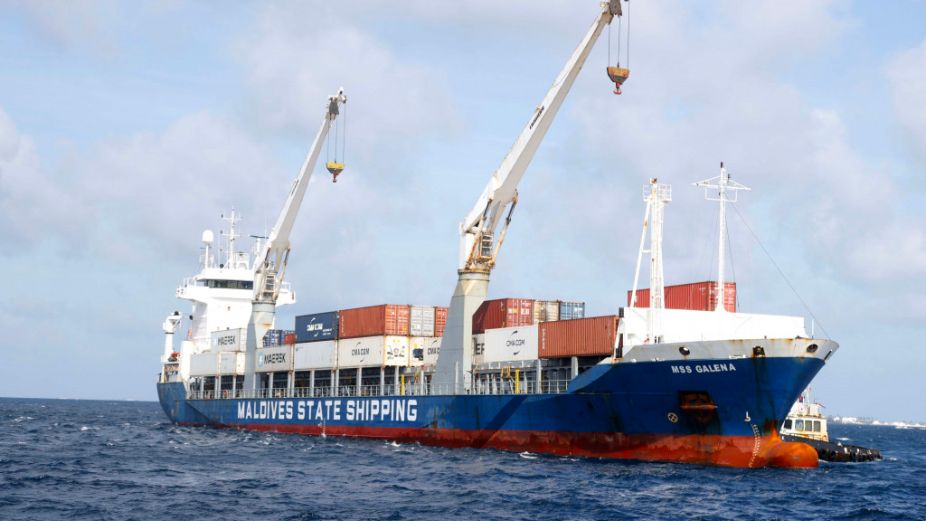
Singapore Shipping Delays : Impact on Maldives Imports and Exports
The recent surge in shipping delays in Singapore, attributed to a global shortage of ships and containers, could potentially impact the import-export dynamics of the Maldives, with consumers bracing for possible price hikes.
The disruptions began with US President Joe Biden's tariff hikes on Chinese imports, triggering a surge in container prices and a rush among Chinese exporters to beat impending trade restrictions. This influx of ships docking in Singapore has led to a congestion crisis at the international port, with berthing times increasing from one to two days to an average of seven days.
As the delays persist, the ripple effects extend beyond Singapore's borders, affecting import-heavy countries like the Maldives. With longer wait times at ports, countries reliant on timely cargo deliveries may face shortages of goods and higher transportation costs. Export-heavy nations, too, encounter challenges as they grapple with a scarcity of ships and equipment to transport their products.
The implications are far-reaching, potentially impacting various sectors, from manufacturing to e-commerce. Industries reliant on sea freight for transporting raw materials and finished goods may face financial strain, with higher shipping costs ultimately passed on to consumers.
While air freight offers an alternative for urgent shipments, its limited capacity compared to sea freight makes it a less viable option for larger items. As shipping delays persist, inflationary pressures could mount, leading to higher prices across various sectors.
For the Maldives, an import-heavy nation with a smaller export sector, the implications are significant. The recent decline in exports, coupled with increasing import costs, could strain the country's economy in the coming months.
While official statements from Maldivian authorities are yet to surface, the potential impact of Singapore's shipping delays underscores the interconnected nature of global trade and the need for strategic planning to mitigate disruptions in the supply chain. As the ripple effects of these delays continue to unfold, businesses and policymakers in the Maldives must remain vigilant and adaptive to navigate the evolving landscape of international trade.